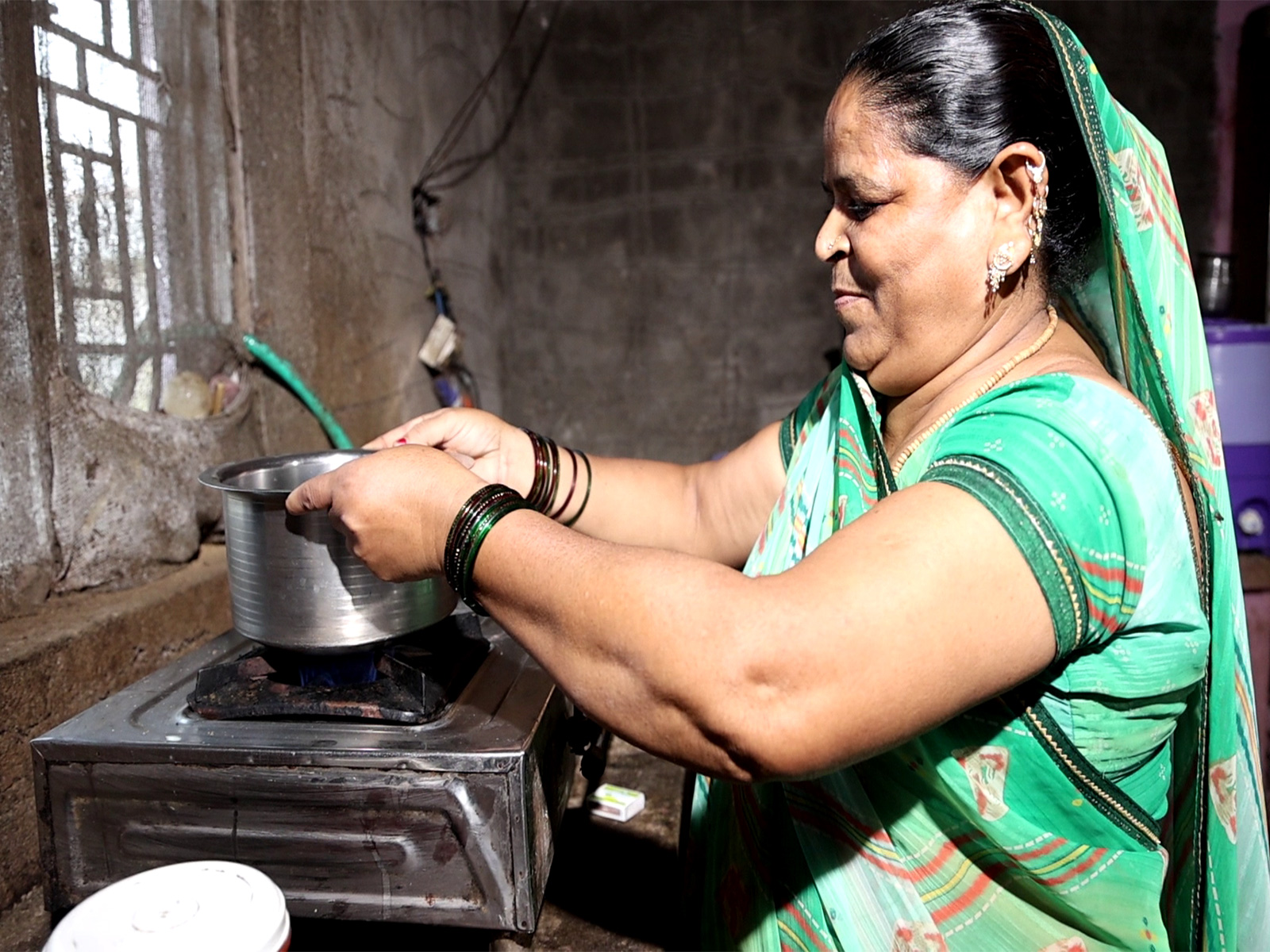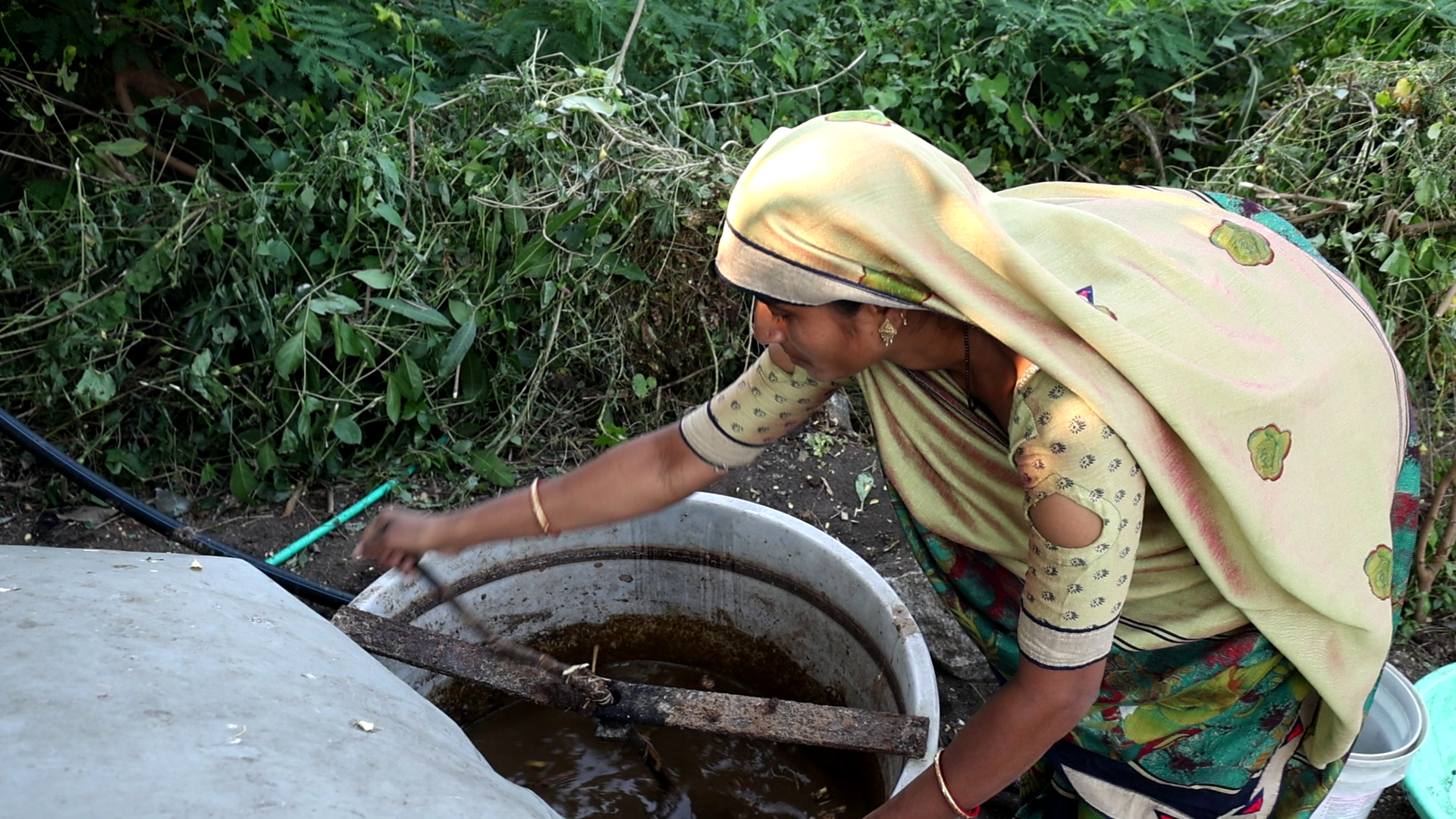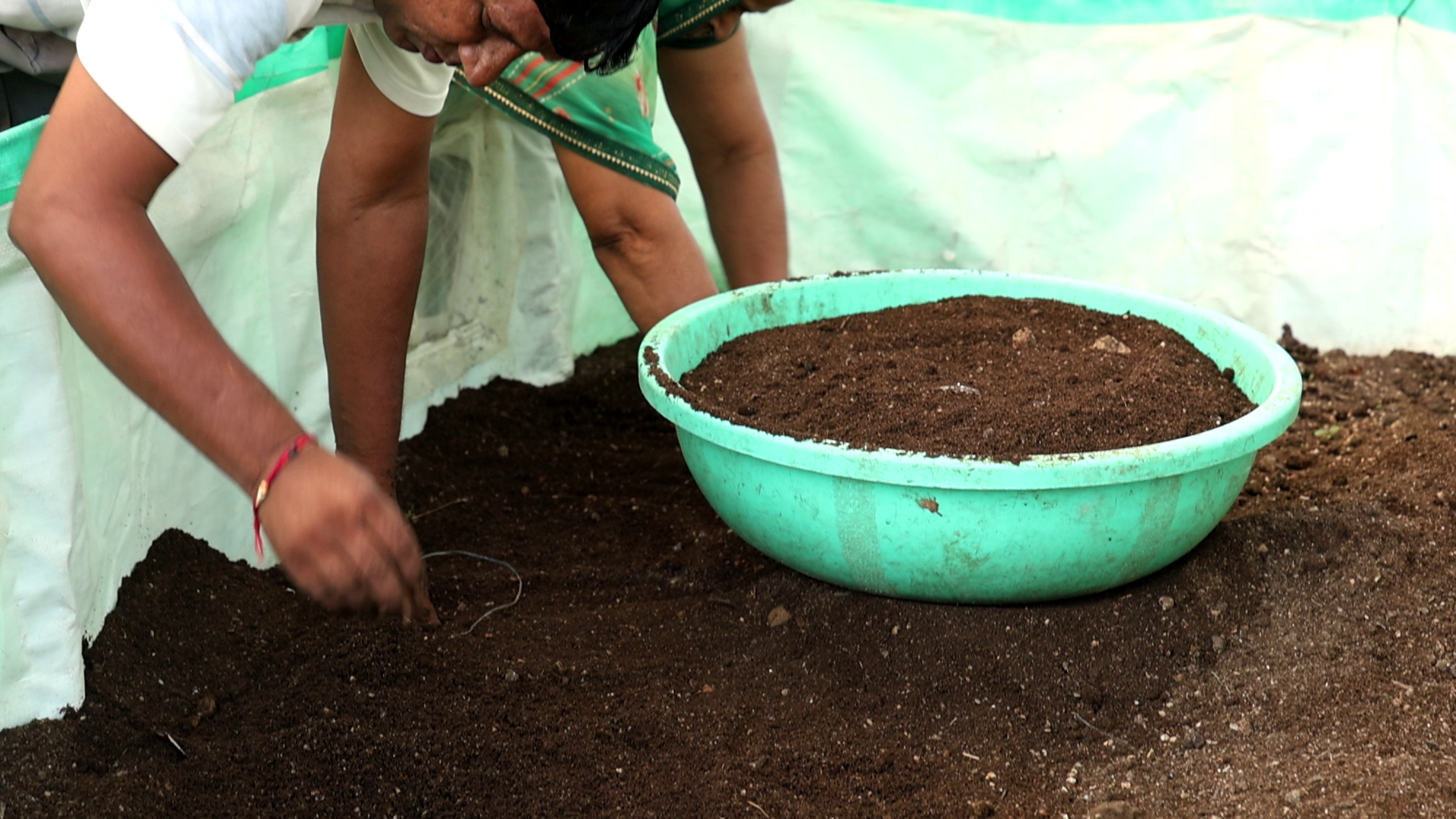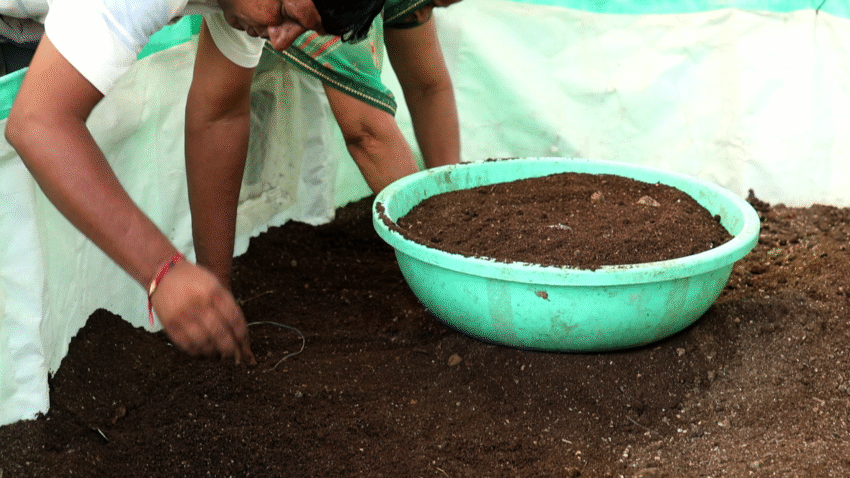
Chhotaudepur (Gujarat) [India], October 28 (ANI): In Gujarat’s Chhotaudepur district, a quiet yet powerful transformation is taking place. In the small tribal village of Nani Bumdi, Dipikaben Kanayabhai Rathwa begins her day by collecting cow dung, mixing it with water, and feeding it into her family’s biogas plant. What may seem like an ordinary morning routine has completely changed the rhythm of her household and the quality of their lives.
The biogas unit was set up under the Gobardhan (Galvanising Organic Bio-Agro Resources Dhan) Scheme, a flagship initiative aimed at managing cattle and organic waste to produce clean energy. Costing Rs 42,000, the plant was made affordable through government support, with Rs 37,000 covered by a subsidy and only Rs 5,000 contributed by the family.
The Gujarat Government’s goal through this scheme is to ensure rural cleanliness, promote renewable energy, and encourage self-reliance in villages.
“Earlier, we cooked on traditional stoves that filled the house with smoke and caused irritation to our eyes and lungs,” recalls Dipikaben. “The biogas plant has brought great relief. Cooking is cleaner, quicker, and healthier now.” Her mother-in-law, Rathwa Pinaban, echoes the sentiment, smiling as she adds, “With gas, there’s no smoke. Food cooks faster and tastes better too.”
The shift from firewood and expensive LPG cylinders to biogas has brought multiple benefits. The family now cooks their daily meals using smokeless, eco-friendly fuel, which not only saves time but also reduces indoor pollution. The by-product from the plant, bio-slurry, serves as an organic fertilizer, enriching their fields naturally and reducing dependence on costly chemical fertilizers.
According to Chetanbhai Bhoi, District Coordinator of DRDA, Chhotaudepur, each biogas unit costs Rs 42,000, with the government providing the majority subsidy and beneficiaries contributing a small portion.
The Gobardhan Scheme is proving to be a game-changer for rural Gujarat. By turning waste into wealth, it empowers families like Dipikaben’s with clean energy, improves sanitation, and promotes sustainable farming practices. The initiative stands as a shining example of how government-backed innovation combined with community participation can transform lives and lead the way toward a cleaner, greener, and self-reliant rural India. (ANI)


